Rise Above and Thrive With Type 2 Diabetes


Cultivate Joy Every Day
Everyone talks about A1c, eating right, and checking your blood sugar, and that's important. But more important is to enjoy yourself, laugh, and be with people or pets you love. The more fun you have and the more you look forward to tomorrow, the easier it is to be good about medications, monitoring, and diet.
-- John B. Buse, MD, PhD, chief of the Division of Endocrinology and director of the Diabetes Center at the University of North Carolina
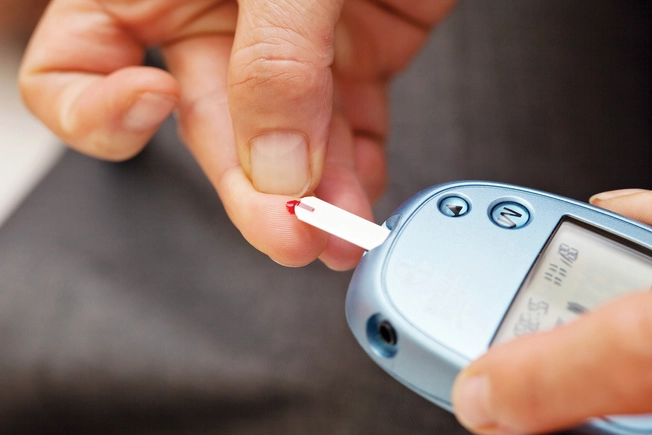
Shake Off Embarrassment
Shame and embarrassment used to cause me to delay or skip injections in public. It took years before I felt comfortable telling people I have diabetes, but doing so has been liberating. You didn't cause your diabetes, and you deserve to treat your condition in public as you would in private.
-- Phyllisa Deroze, diabetes patient advocate, blogger at diagnosednotdefeated.com, and founder of Black Diabetic Info
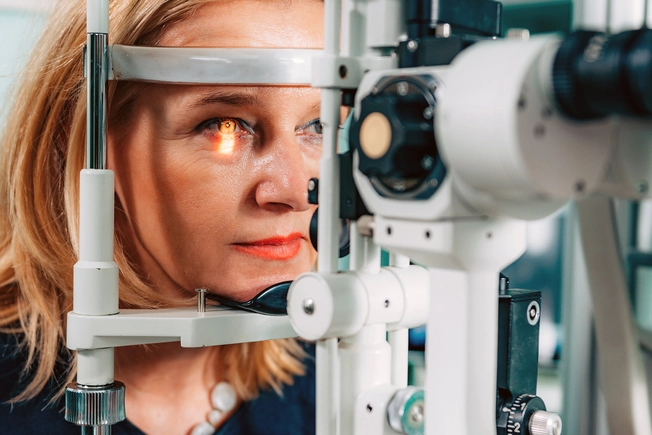
Knowledge Is Empowering
You can do a lot to prevent diabetes-related problems. For example, loss of eyesight is now largely preventable -- simply get a yearly eye exam. People tend to put those off because they have no symptoms or don't need a new prescription. Knowledge is power, and you have resources like diabetes educators and dietitians to help inform you.
-- Robert A. Gabbay, MD, PhD, chief science & medical officer for the American Diabetes Association
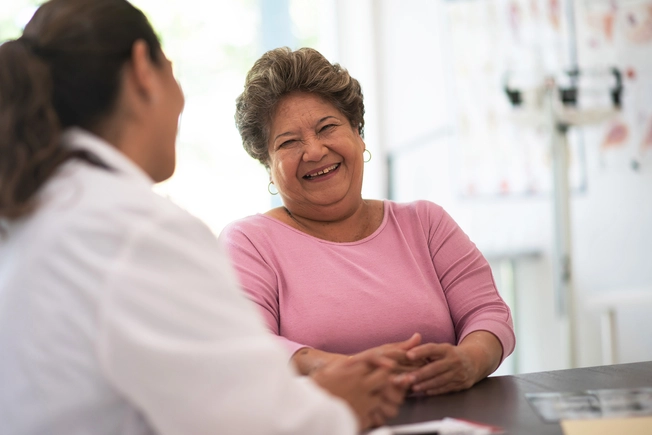
Find a Doctor That Understands Your Culture
Look for a doctor who speaks your language and understands your culture and the foods you eat. And don't be embarrassed to ask questions. Some of my new patients come in confused about the pills they're taking. They didn’t understand what their previous doctor said and didn't speak up.
-- Ricardo Correa, MD, program director for the Endocrinology, Diabetes and Metabolism Fellowship at the University of Arizona College of Medicine-Phoenix
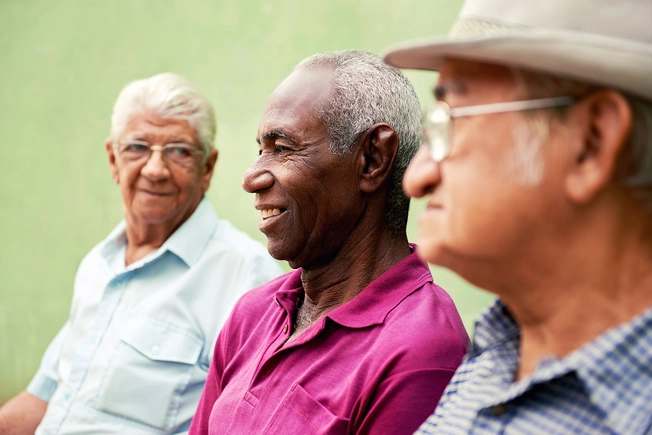
You Don’t Have to Change Everything
With care and effort, odds are you're going to live a long and healthy life with this disease. And you won't have to eat birdseed or start running marathons. Say to your doctor, "There are a gazillion things I could be doing. Which changes will have the biggest payoff?"
-- William H. Polonsky, PhD, associate clinical professor in psychiatry at the University of California San Diego and president of The Behavioral Diabetes Institute

Keep Moving
Exercise is as important to managing diabetes as taking medication. It makes your body more sensitive to insulin, helps control blood sugar, lowers risk of heart disease, and boosts mood. If it's not too cold, bundle up and walk outside.
-- Urmimala Sarkar, MD, professor of medicine at the University of California San Francisco and associate director of the UCSF Center for Vulnerable Populations

Take Time to De-stress
Stress hormones such as adrenaline can raise glucose levels. And stress can get in the way of self-care activities like healthy eating and exercise. It's important to take time every day to reduce stress with strategies like breathing exercises, mindfulness meditation, prayer, writing, time with family or friends, music, yoga, or tai chi.
-- Kellie Rodriguez, registered nurse and president-elect of the Association of Diabetes Care & Education Specialists

The Big Picture Matters
Diabetes is affected by physical, psychological, and socioeconomic factors. Find a health care team that listens to all of your needs. Share with them everything that affects you -- this could be financial issues, side effects of medications, or even problems with family members or at work. They will help you find the resources you need.
-- Sandra Arevalo Valencia, director of community and patient education at Montefiore Nyack Hospital
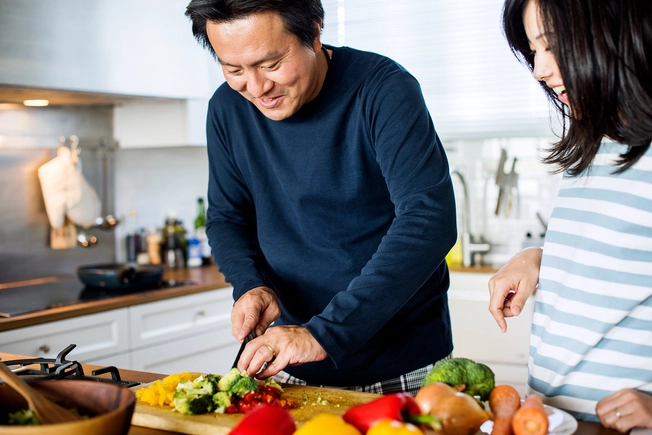
Learn to Love Veggies
Try a variety of veggies and learn to cook them so they taste good. Veggies help treat constipation, lower your risk of colon cancer ... they do a lot that’s good. Eat them with protein for breakfast. Your body is the most insulin-resistant in the morning, and high-carb choices like juice and toast make your glucose shoot up.
-- Anne Peters, MD, professor of medicine at the Keck School of Medicine of USC and director of the USC Clinical Diabetes Programs
IMAGES PROVIDED BY:
1) skynesher / Getty Images
2) vitapix / Getty Images
3) microgen / Getty Images
4) FatCamera / Getty Images
5) diego_cervo / Getty Images
6) kali9 / Getty Images
7) Capifrutta / Getty Images
8) FlamingoImages / Thinkstock
9) Rawpixel / Getty Images
John B. Buse, MD, PhD, chief of the Division of Endocrinology; director, Diabetes Center, University of North Carolina, Chapel Hill, NC.
Phyllisa Deroze, diabetes patient advocate; blogger at diagnosednotdefeated.com; founder of Black Diabetic Info.
Robert A. Gabbay, MD, PhD, chief science & medical officer, American Diabetes Association, Arlington, VA.
Ricardo Correa, MD, program director, Endocrinology, Diabetes and Metabolism Fellowship, University of Arizona College of Medicine-Phoenix.
William H. Polonsky, PhD, CDE, associate clinical professor of psychiatry, University of California San Diego; president, The Behavioral Diabetes Institute, San Diego.
Urmimala Sarkar, MD, professor of medicine, University of California San Francisco; associate director, UCSF Center for Vulnerable Populations, San Francisco.
Kellie Rodriguez, RN, CDCES, president-elect, Association of Diabetes Care & Education Specialists, Chicago.
Sandra Arevalo Valencia, RDN, CDE, director of community and patient education, Montefiore Nyack Hospital, Nyack, NY.
Anne Peters, MD, professor of medicine and director, USC Clinical Diabetes Programs, Keck School of Medicine of USC, Los Angeles.